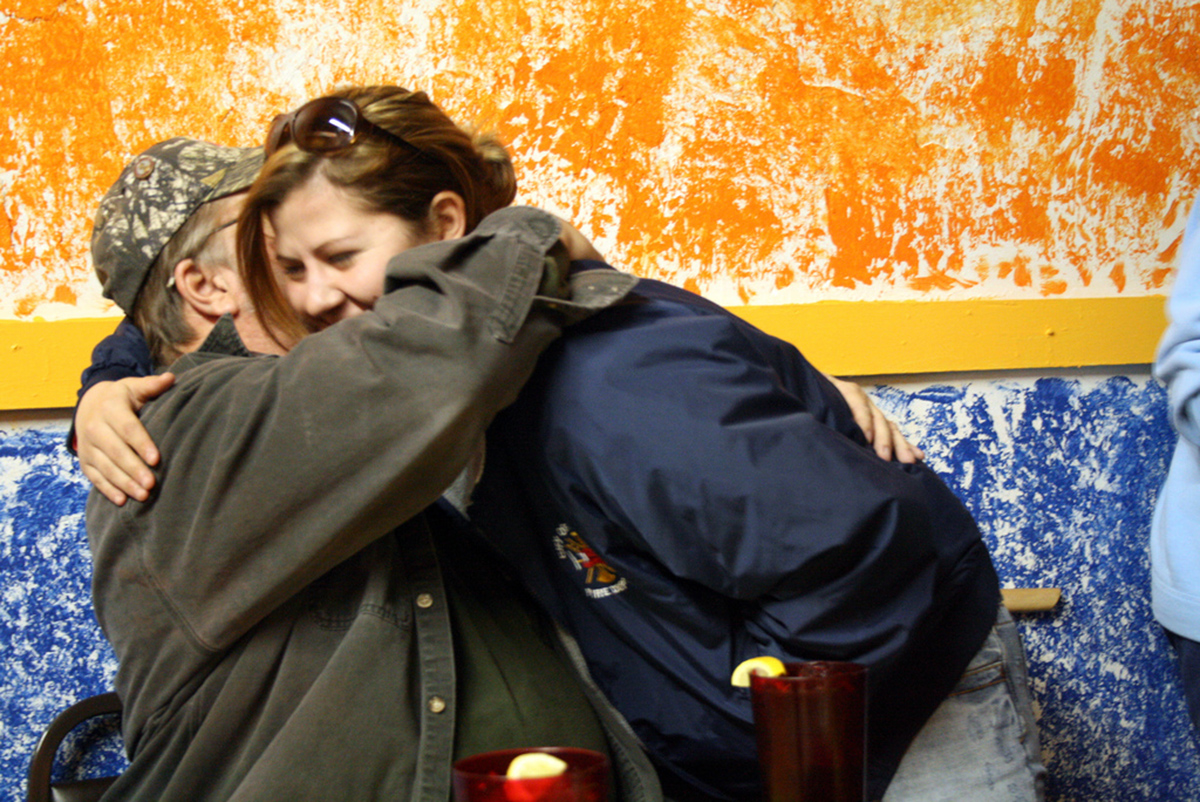Table of Contents
Professional assistance is the one thing a person with paranoid delusions will benefit most from, but also something they are unlikely to seek. Early treatment is going to be much easier than treatment after years of suffering delusions, but just how do you get a paranoid person — suspicious by definition, and often suspicious of authority figures in particular — to see a psychologist or psychiatrist? The answer, unfortunately, is all too often "with great difficulty or not at all".

When your loved-one tells you about their delusions, you could attempt to say that their experiences sound dreadfully stressful and that is is very difficult to come up with the right action plan on how to deal with all of this.
Since paranoid delusions always involve people, people can be difficult to deal with, and therapists know a lot about human behavior, you could use that as a way in. "When I had trouble with my boss, I sought therapy. My therapist advised me on how to best approach him, and that was truly helpful to me," you could say. Or: "Sometimes, it is possible to de-escalate scary situations. But it can be hard to know exactly how to do that. I think I'd talk to a therapist." Do keep in mind that this approach could backfire, and tread carefully.
When can you force a loved-one to get treatment? Having someone detained to receive mental health treatment is almost impossible in most countries. In most cases, it can only happen if you are close kin and can demonstrate that the person is a danger to themselves or society. Sometimes, the situation is so serious that taking this step is the right approach. Do realize that the sufferer will most likely think you betrayed them, and that your relationship may never be restored even after treatment.
See Also: Are Truly Almost Half Of Europeans Mentally Ill?
Joining A Support Group — For You
You may or may not get your loved-one to seek treatment. What you can definitely do is get treatment yourself. You may benefit from therapy to discuss the stress and fear your loved-one's paranoia is causing you, and to ask for advice on how to deal with the person. Joining a support group for friends and relatives of people with paranoid delusions can also be helpful. These support groups may be available in your area, but online discussion boards are another option for those who don't have access to local support.
- Photo courtesy of Sebastian Fritzon by Flickr : www.flickr.com/photos/sebastianfritzon/2834967950
- Photo courtesy of Lindsey Turner by Flickr : www.flickr.com/photos/theogeo/3321132111#

